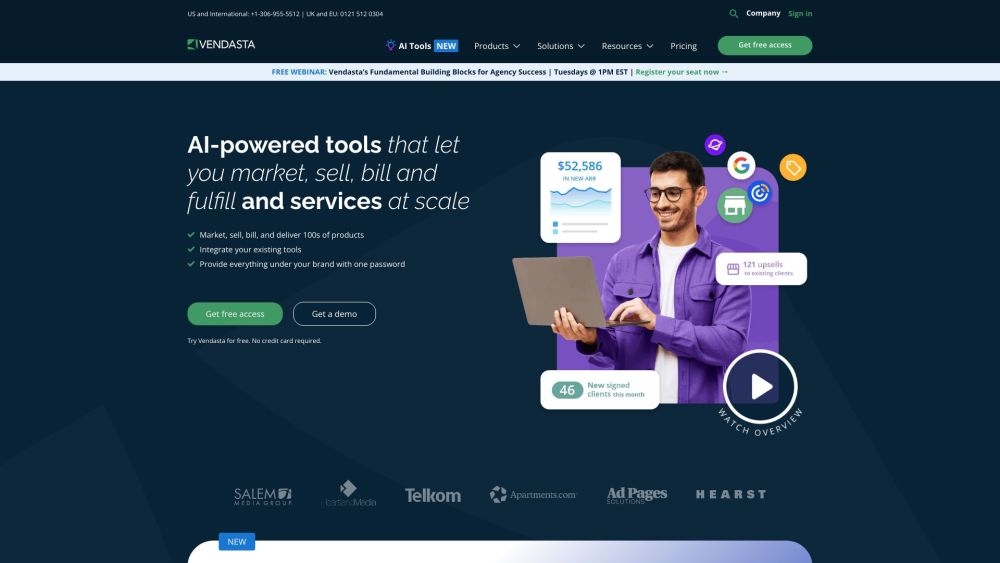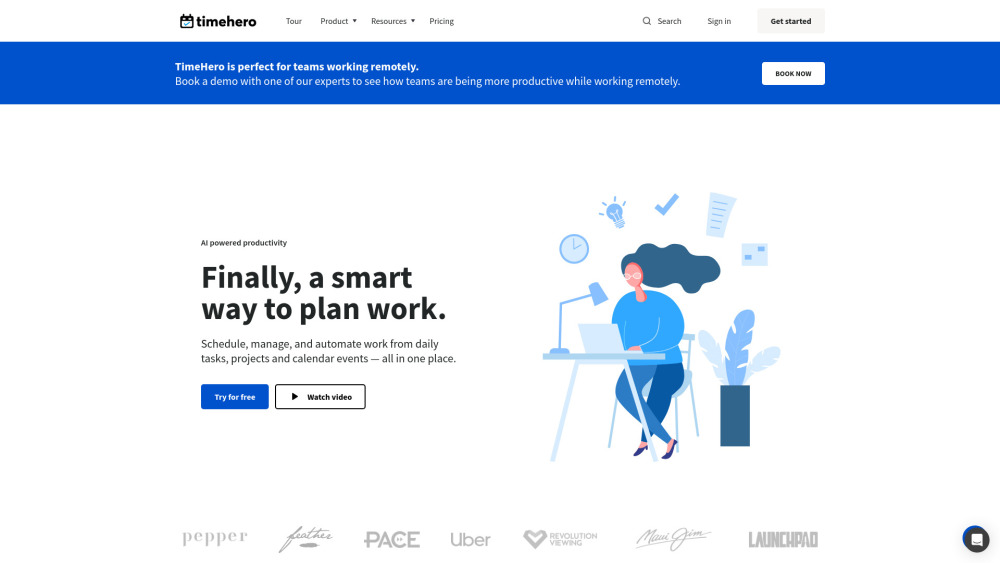AI is advancing innovation at an unprecedented rate, but a significant challenge looms: the resources needed to store and process data may soon outstrip availability.
The industry has long been working on scaling AI solutions. As large language models (LLMs) evolve, their training and inference demands are growing. This surge in demand is accompanied by concerns about the availability of GPU AI accelerators, which are becoming increasingly scarce.
The race is on to scale AI workloads while managing infrastructure costs. Traditional and emerging infrastructure providers are pursuing strategies to enhance performance while minimizing costs, energy consumption, and environmental impact to keep up with the surging demand for AI capabilities.
Daniel Newman, CEO of The Futurum Group, highlights the complexities associated with scaling AI. “Some complications will have immediate effects, while others may significantly impact business growth and productivity over time,” he stated.
Is Quantum Computing the Key to AI Scaling?
One possible solution to the energy demands is expanding power generation capacity. However, alternative approaches, such as leveraging quantum computing, are also being explored. Jamie Garcia, Director of Quantum Algorithms and Partnerships at IBM, noted, “Current AI systems face limitations related to energy consumption, processing times, and high compute power demands. As quantum computing matures, it has the potential to process complex datasets that traditional computing cannot handle.”
Garcia expressed confidence in IBM’s roadmap for scaling quantum systems, which will ultimately offer scientific and business value. She added that as quantum capabilities expand, they could significantly enhance AI applications by identifying intricate patterns that reduce LLM training times, benefiting industries spanning healthcare, finance, logistics, and materials science.
AI Scaling in the Cloud: Current Landscape
AI scaling depends heavily on robust infrastructure. Paul Roberts, Director of Strategic Accounts at AWS, emphasized the significant advancements made in this area since the public emergence of ChatGPT in late 2022. “By 2024, AWS is well-prepared to support AI scaling. Our substantial investments in infrastructure and partnerships have set us up for success.”
Roberts compared AI scaling to the evolution of cloud computing, suggesting that we are now on a pathway toward augmenting human capabilities through advanced models.
The Dual Challenge of AI Training and Inference
Kirk Bresniker, Chief Architect at Hewlett Packard Labs, raised concerns about the future of AI scaling, warning of a potential “hard ceiling.” He indicated that if training processes for LLMs remain unchanged, the resources needed by the end of the decade could exceed what the IT industry can sustain.
Bresniker underscored the significant energy consumption tied to inference, stating, “Continuous inference operations, running around the clock, could have dire environmental consequences.”
Leveraging Deductive Reasoning for AI Scaling
Bresniker proposed that incorporating deductive reasoning into AI systems could enhance scaling efforts by offering a more energy-efficient alternative to current inductive reasoning methods, which require vast datasets for pattern recognition. He explained that deductive reasoning relies on logical inference, a human cognitive ability not fully harnessed in AI today.
He believes that adopting deductive reasoning alongside inductive approaches can provide a more effective problem-solving framework. “Using the right tool for the right task will drive progress,” he asserted.
Upcoming Discussions on AI Challenges and Opportunities
Join us at the VB Transform event in San Francisco to explore the challenges and opportunities in scaling AI. Key speakers include Kirk Bresniker, Jamie Garcia, and Paul Roberts, who will share insights on navigating the evolving landscape of AI technology.




